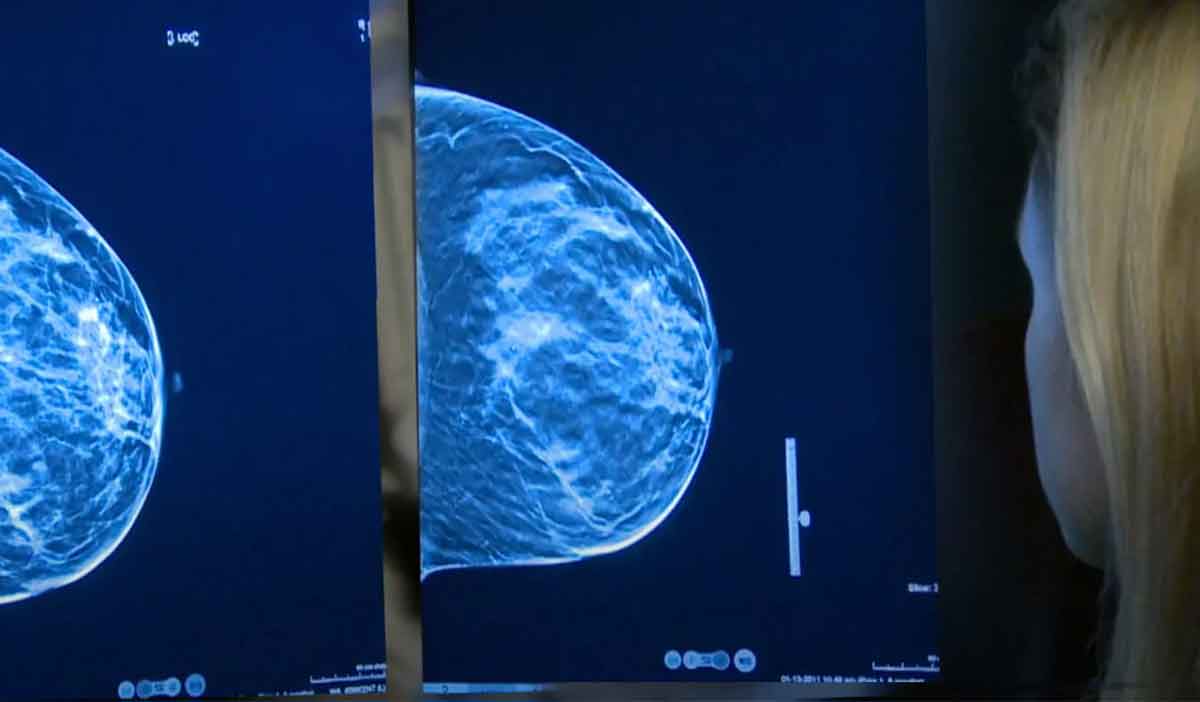The National Center of Birth Defects and Developmental Disabilities recognizes January as National Birth Defects Prevention Month. It’s important to understand what can cause birth defects to know what prevention methods will best suit you for your pregnancy.

What you should remember
Birth defects are common! According to Parents Magazine, birth defects affect 1 in 33 babies in the United States every year. Often times, there is no family history, or any underlying reason, connected to the condition. According to our OB Nurse Manager, “defects” include any abnormality, whether it be minor or a major condition.
Minor conditions can include anything from club foot to extra fingers and toes. More serious conditions, labeled as major, include defects of the heart, kidneys, and other important organs. -OB Nurse Manager
Birth defects can cause critical conditions
Not all birth defects are detectable at birth. Internal defects that affect the organs, or the way the body works, are harder to diagnose right away. Depending on the severity of the defect, and when it is detected, birth defects can cause critical conditions for babies. Even after a birth defect is detected and diagnosed, babies born with them can experience long term effects like infections, movement, illness, and learning.
What can cause birth defects
One reason for birth defects is genetics. And while there may be some precautionary steps to take in a pregnancy to lessen the chances for birth defects, sometimes it is unavoidable.
Common risk factors for birth defects include:
- Smoking
- Drinking
- Drugs (even certain prescribed medications)
- Exposure to chemicals
- Illness
The list can go on and on. Even if there is an unlikelihood that your baby will develop a birth defect based on external factors, it’s important to know what those factors may be.
Steps for preventing birth defects
One of the most important steps to take in preventing birth defects is following a prenatal care plan with regularly scheduled OB appointments.
Early prenatal care is really important. Regular appointments allow your OB provider to make recommendations based on where you are in your pregnancy. They will be able to give you advice and explain proper nutrition, and what vitamins to take. They will know your family history, be aware of what to look for, and should there be something wrong, the greater the chances they will find it early if you stick with your appointments. -OB Nurse Manager
Additional prevention methods include:
- Manage all previous medical conditions (for example, if you have diabetes, be sure to monitor it and make sure it’s under control)
- Get necessary (provider recommended) vaccinations
- Stay on top of your wellness and nutrition
- Take the necessary precautions to avoid serious illness during pregnancy
- Avoid the use of tobacco, alcohol, and other drugs
- Take your prenatal vitamins, and get enough folic acid
- Keep an open line of communication with your OB provider to discuss any concerns, illnesses, and receive additional healthy pregnancy advice
Again, not all birth defects can be avoided by following a healthy prenatal care plan, but it’s a good place to start. Maintaining a healthy pregnancy will benefit both you and baby in the long run.
Your care Logansport Memorial Hospital
At Logansport Memorial Hospital, our team of board-certified OB/GYNS will see you through your entire pregnancy, from start to finish. And when you’re ready to deliver, our dedicated staff in the Family Birth Center will ensure you have every tool necessary to have a safe delivery. Should your baby be born with a birth defect, our team will assess the situation and develop a plan of care that best benefits your baby. From major to minor conditions, we will give you and your baby the highest level of quality care.

You might also like:
- Surprising signs you’re pregnant
- What is considered healthy weight gain during pregnancy?
- What to expect during a high-risk pregnancy




